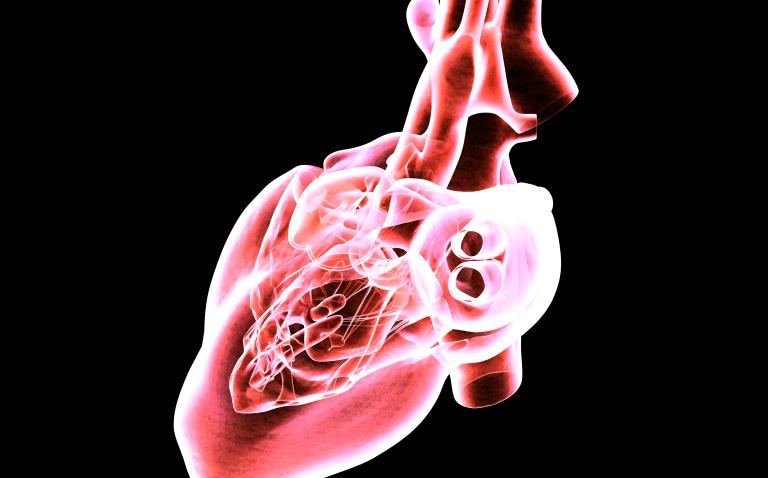Actelion has announced an interim analysis from the Right vEntricular Remodeling in Pulmonary ArterIal hypeRtension (REPAIR) study of Opsumit® (macitentan) that shows treatment with macitentan in patients with pulmonary arterial hypertension (PAH) was associated with significant improvements in right ventricular (RV) function, including reversal of RV remodelling and reduced pulmonary vascular resistance (PVR).
The data were presented at the American College of Cardiology’s 68th Annual Scientific Session.
“The REPAIR study is the first multicentre study in PAH to use a primary endpoint measured by cardiac MRI,” said Stephan Rosenkranz, MD, Head of Pulmonary Hypertension Center and Head of Cologne Cardiovascular Research Center (CCRC), University of Cologne, Division of Cardiology. “These results offer clinicians who treat this severe and progressive disease a better understanding of the effects that macitentan can have on RV remodelling and function in patients with PAH.”
The REPAIR study is a 52-week, open-label, multicenter study evaluating the effect of macitentan on RV remodelling and function as determined by cardiac magnetic resonance imaging (MRI) and right heart catheterisation. Macitentan was initiated as monotherapy or sequential combination therapy with a phosphodiesterase-type 5 (PDE-5) inhibitor, or as initial combination therapy with a PDE-5 inhibitor. The pre-specified interim analysis including 42 patients with PAH showed significant improvements in both primary endpoints including a mean increase of 15.2ml (p<0.0001) in RV stroke volume (RVSV) and a 37% reduction (p<0.0001) in PVR from baseline at Week 26, and the study was declared positive.1 RVSV was determined by pulmonary artery flow MRI and PVR was measured by right heart catheterisation. A full evaluation, with focus on RV, was also performed using MRI.
“Measurement of RV function in patients with PAH is very helpful in monitoring response to treatment,” said Richard N Channick, MD, Professor of Medicine and Director, Acute and Chronic Thromboembolic Disease Program at UCLA Medical Center. “The REPAIR study shows us that RV function, as determined by MRI, is a relevant endpoint in studying treatment efficacy in PAH.”
Pulmonary arterial hypertension is a progressive disease in which blood vessels in the lungs become restricted. This forces the right heart to work harder to pump blood to the lungs, and RV function is impaired. The results from the REPAIR interim analysis suggest that treatment with macitentan is associated with significantly improved RV function as determined by MRI in patients with PAH. In the REPAIR study, the safety profile of macitentan was consistent with previous clinical trial data.2
“We are very pleased with these interim results from the REPAIR study and we will work diligently to report the full study results in the near future,” said Alessandro Maresta, MD, VP and Head of Global Medical Affairs at Actelion Pharmaceuticals Ltd. “We are committed to ongoing research and to advancing therapies for people with PAH and are proud to make a difference in patients’ lives.”
References
- Rosenkranz S et al. J Am Coll Cardiol 2019;73(9 Supp 1)1898.
- Pulido T et al. N Engl J Med 2013;369:809-18.










